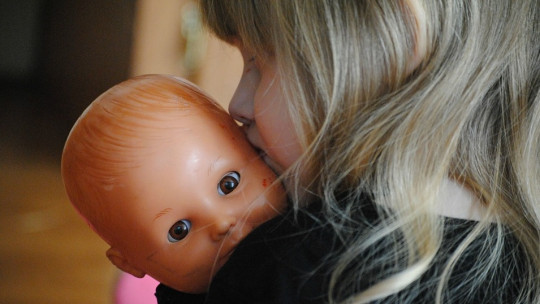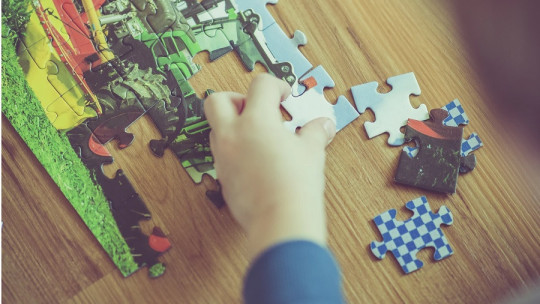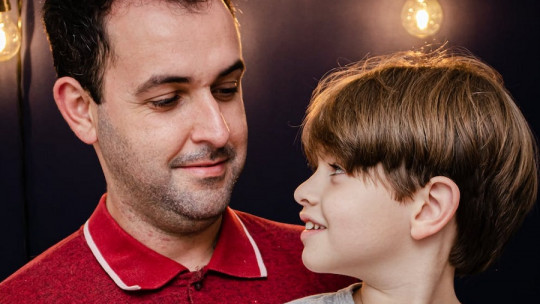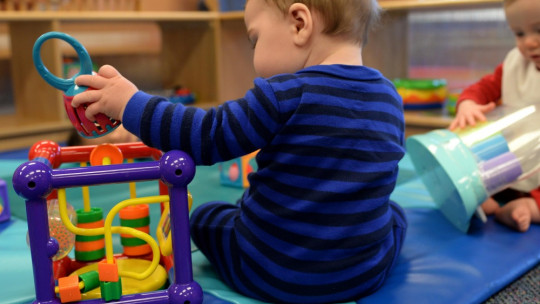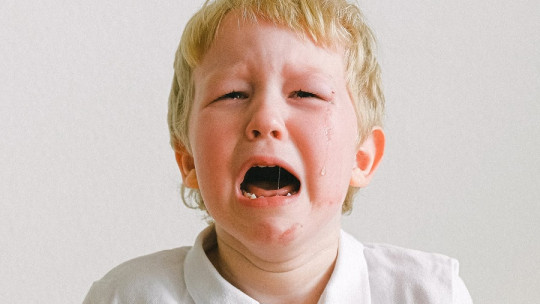
Some parents make the mistake of assuming that the moments of play that boys and girls enjoy are, in reality, wasted time that could be better used by dedicating it to studying.
Nothing could be further from the truth: as much as we tend to associate the experience of playing with the concept of “leisure”, in childhood, this is not limited to providing well-being and entertainment, but is one of the drivers of the psychological development of children. the boys and girls. Therefore, in this article We will talk about what the little ones in the house express and learn through play
Why is play key to children’s psychological development?
For those who are going through the first stage of life, the game is more than a source of entertainment and pleasant sensations: it has objective effects on their psychological processes linked to maturation. In fact, this is seen even in non-human animals; The cubs of many species spend a good part of their time playing and exploring the environment out of curiosity, which indicates that the usefulness of play among members of our lineage dates back millions of years.
But… What exactly are the functions of play in childhood? Here you can see a summary of it.
1. It is one of the pillars of socialization
The game is an “excuse” that boys and girls use to interact spontaneously with other people, especially children of the same age, siblings and primary caregivers Establishes a situation in which complicity is generated with others and learning about expectations, obedience to rules and disobedience to them, the use of humor to generate an emotional reaction in others, deception , the hiding of information and its consequences, cooperation, and more.
2. It offers an ideal context in which to develop language
When playing, boys and girls embody various characters; that is to say, They adopt roles very different from their own way of being, representing the behavior of other humans, animals, or even plants and objects. This greatly enriches their language, since in these “simulators” of being other beings it is necessary to adopt other points of view, other topics to talk about, and other communication styles.
3. It helps them develop their creativity and abstract thinking ability
Since the game is based on imagination, it exposes minors to situations in which They must fill in with their creativity everything that is not directly observable about the situations it represents that take place during the game. For example, they must imagine spaceships, satellites, meteorites, etc. And in the same way, they learn to combine abstract thoughts not through direct observation, but through estimating experiences such as: “what would happen if…?” That is, they get used to interconnecting ideas in their imagination, finding similarities between concepts that apparently have nothing to do with each other and hardly occur at the same time in an obvious way in reality.
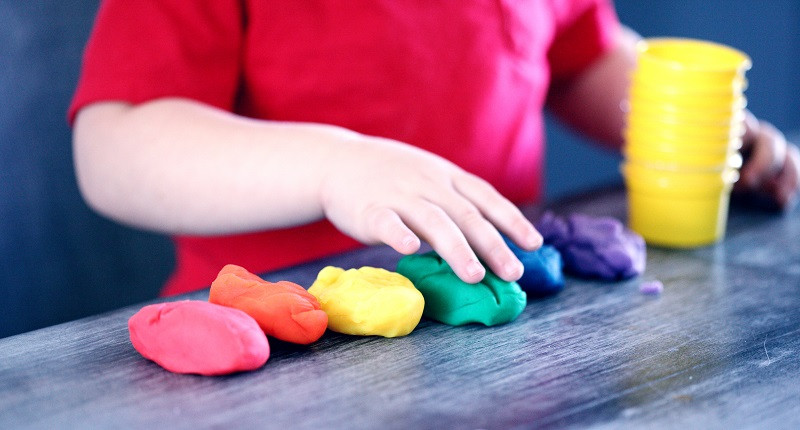
4. It is a psychological function to release tension
The game is also a very useful resource to release tensions accumulated during the day and, why not, to get rid of stress. Helps you disconnect from worries something also key in childhood despite the fact that minors do not have the responsibilities of adults, given that they are psychologically more vulnerable and suffer sooner when they suffer anxiety, anguish, obsessive-type worries, and other common forms of psychological discomfort. .
5. It allows them to express their main interests when learning about the world
Through play, children can express their first interests, even before they master the language enough to communicate them to their parents or to be aware of what they mean. This It is a very important reference for caregivers, who can adapt to their concerns and motivations
6. It is a medium in which to learn to distinguish between reality and fantasy
In cooperative play, children find themselves having to discriminate between possible and impossible situations, since otherwise they will not be able to understand what others are doing and in the same way they will not be able to be understood. This involves understanding what the rest of the boys and girls expect us to interpret from their behavior when playing that is, understanding that acting “as if…”.
Are you looking for professional psychological assistance?
If you are interested in having professional psychological support for children, adults or families, contact our team of professionals.
In Psychotools We serve people of all ages and offer psychotherapy both in person (in our office located in Barcelona) and online by video call.

